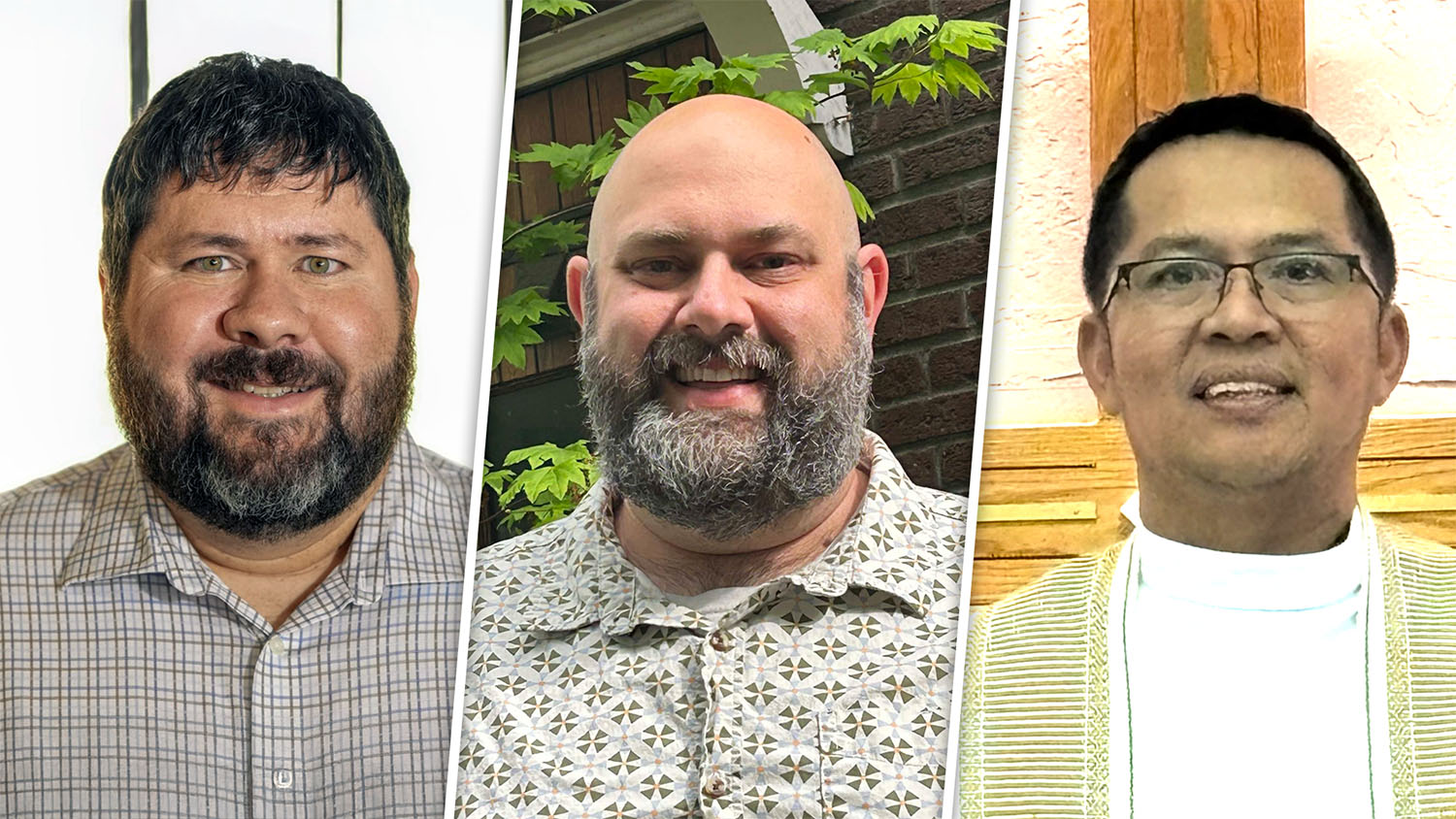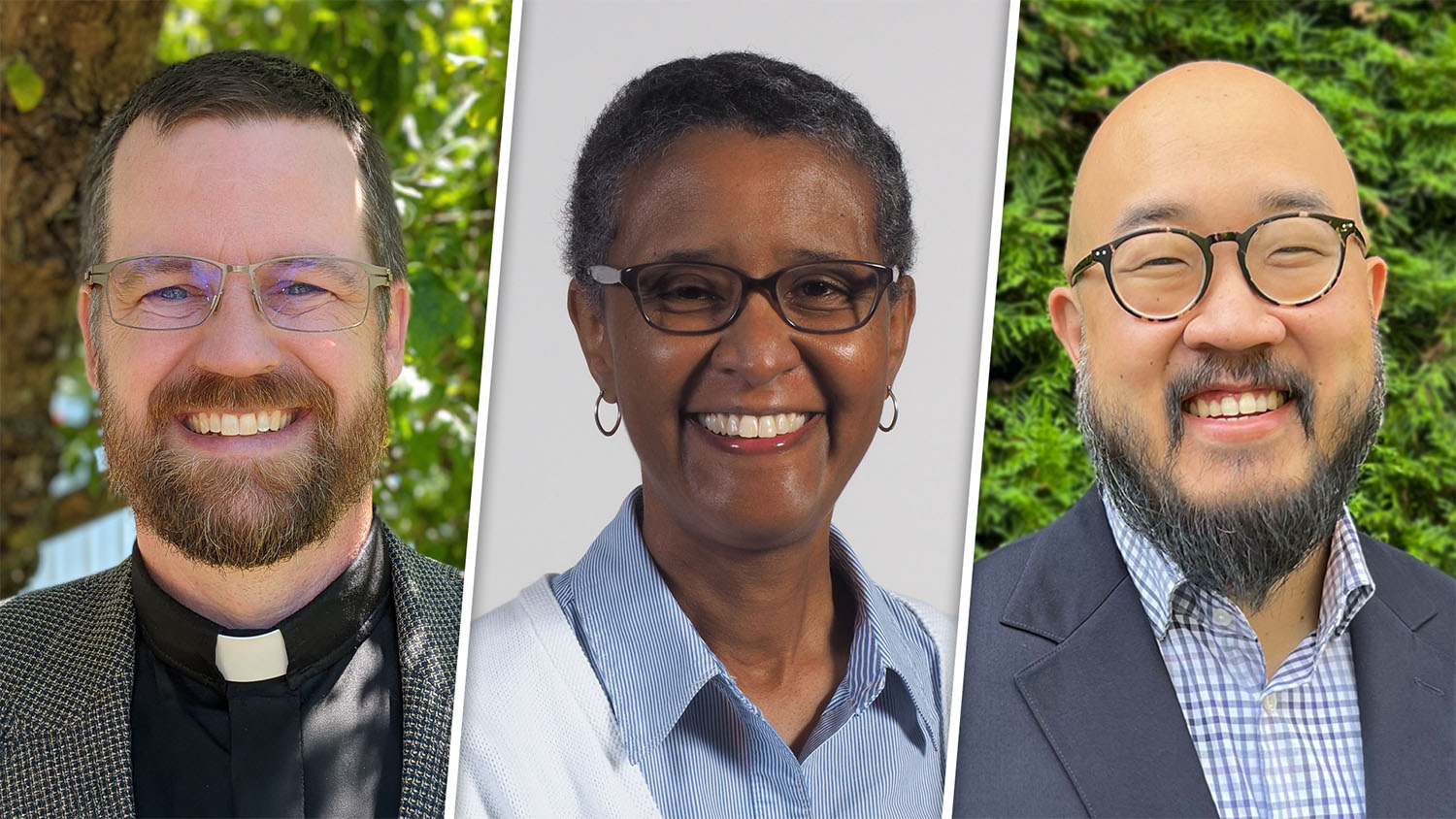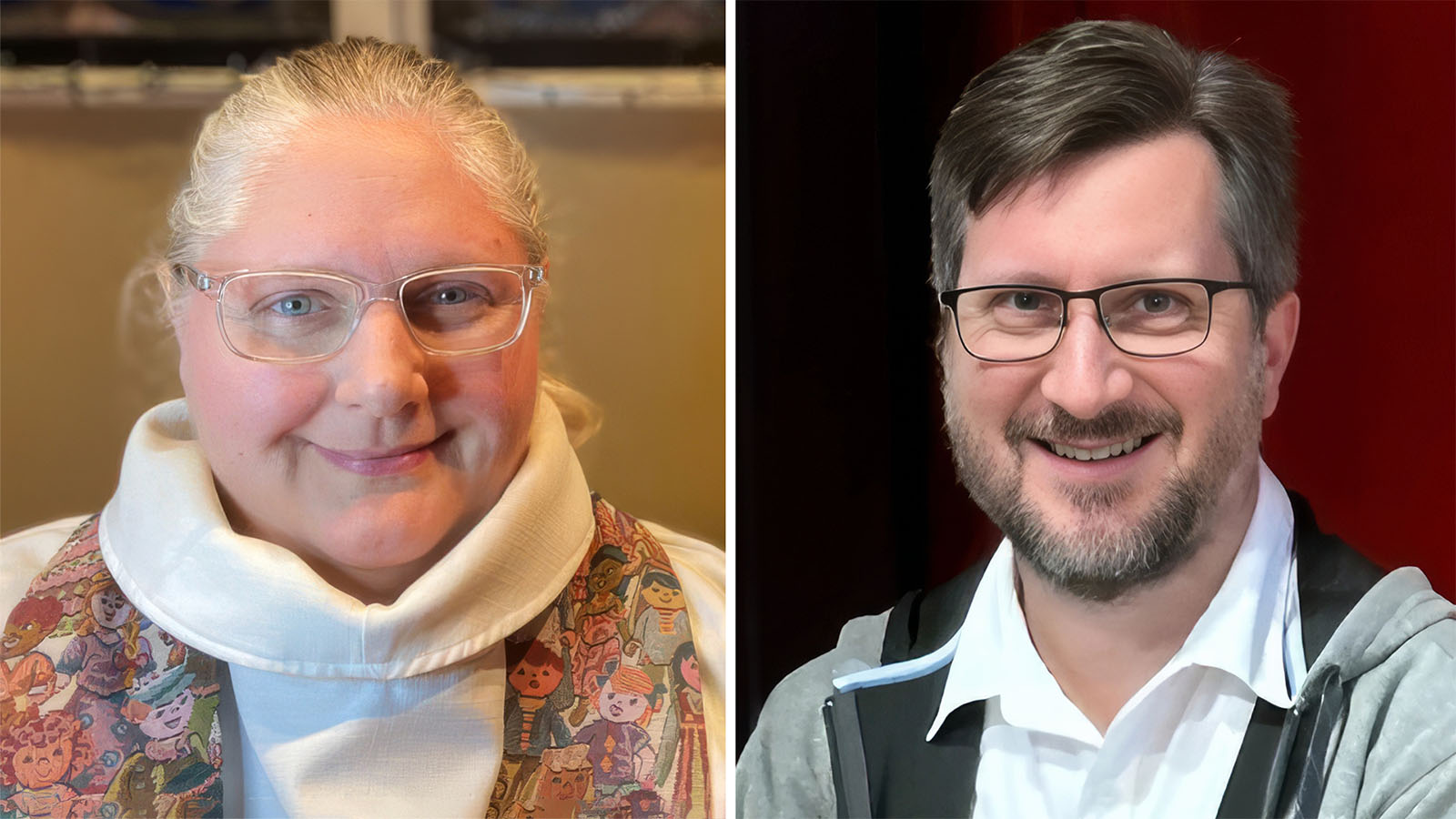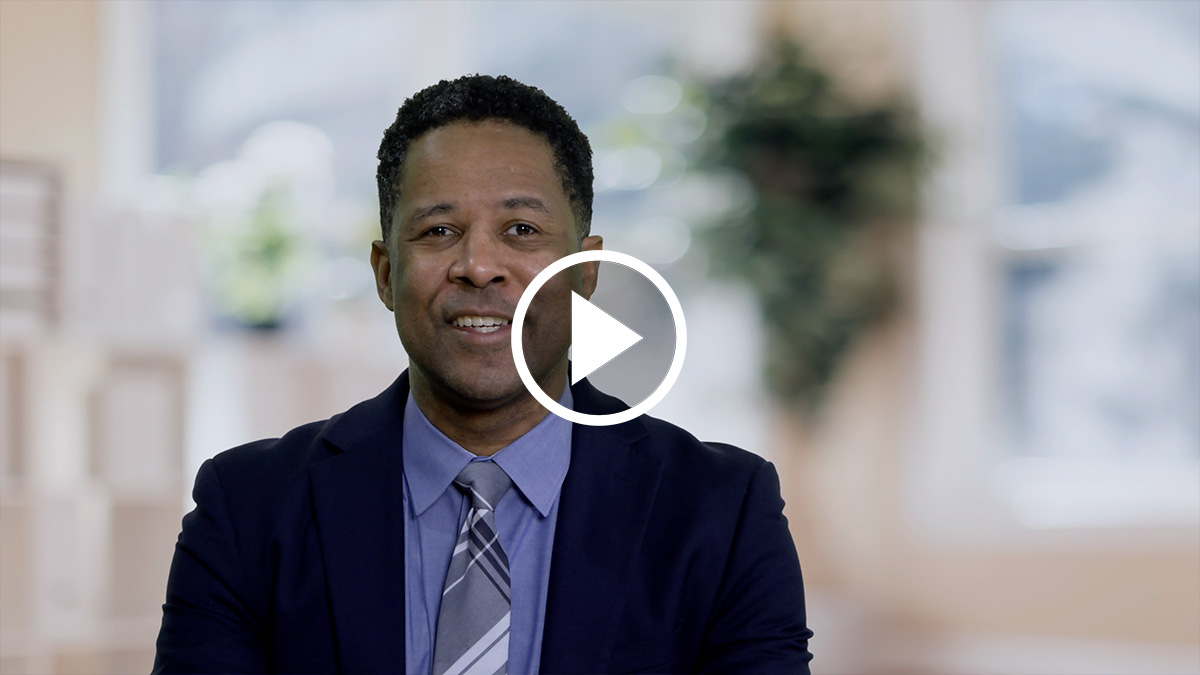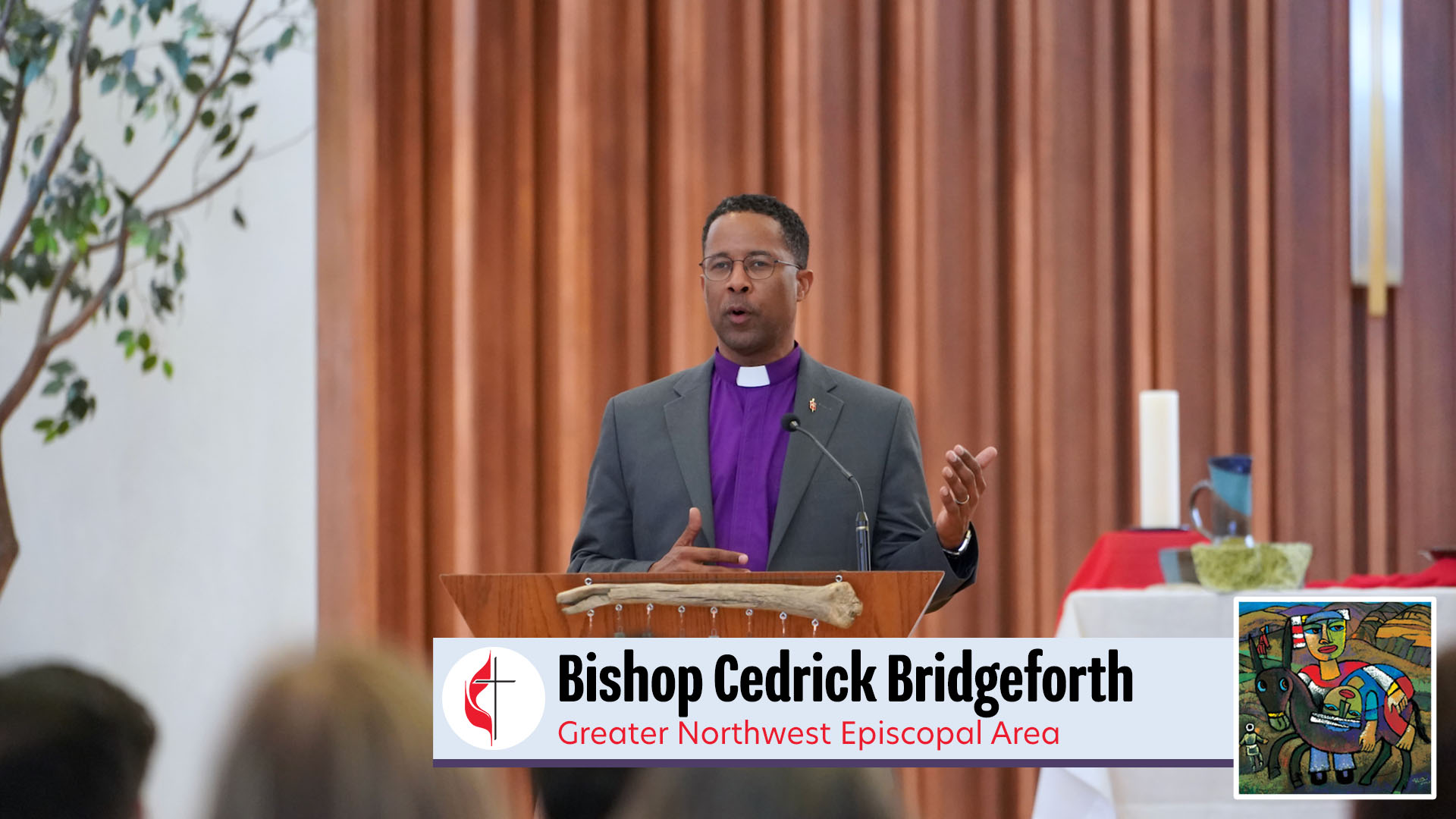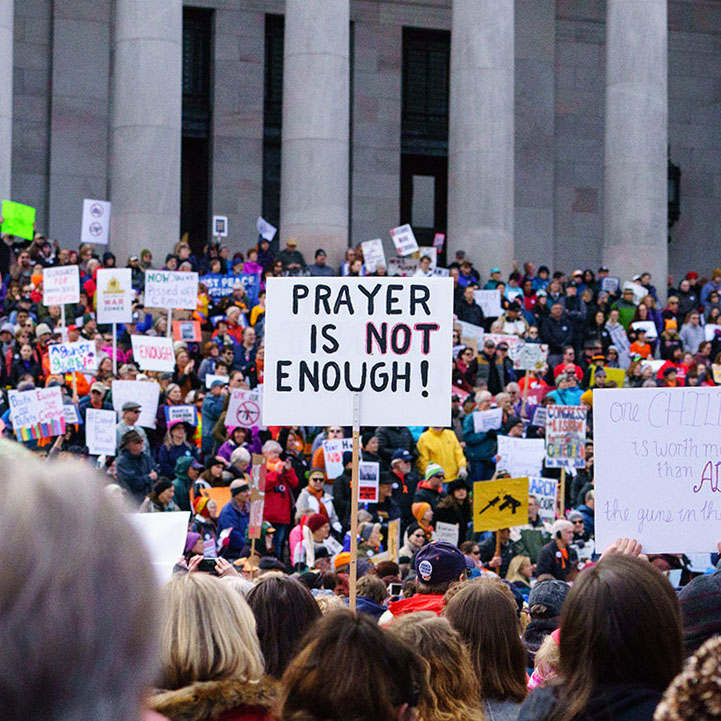Author: Greater NW Communications
Puget Sound District Superintendency Team
Crest to Coast Superintendency Team
SeaTac Superintendency Team
Conference treasurers discuss new Benefits/HR position and collaborative vision

Conference treasurers discuss new Benefits/HR position and collaborative vision
This week, the Greater Northwest Area announced a candidate search for a new Director of Benefits and Human Resources. The position is the first step toward a vision of shared administrative services across the area, following several years of intense planning and conversations. Once hired, the Director of Benefits and Human Resources will resource and support the Alaska (AK), Oregon-Idaho (OR-ID, and Pacific Northwest (PNW) Conferences of The United Methodist Church and its local churches and ministries.
I spoke with Sara Goetze, OR-ID Acting Treasurer and Controller, and Brant Henshaw, AK/PNW Treasurer and Director of Administrative Services, to better understand this position and how it fits their larger vision for the area. Our conversation has been edited for brevity and to provide clarity.
So, thank you, Brant and Sara, for taking the time to explore this new position and the idea of shared services with me. How did we get to this point?
Brant Henshaw (BH): In 2018, we began to discuss overlap and collaboration, particularly in finance and administration. Dan Wilson-Fey (OR-ID Treasurer and Benefits Officer who retired in 2022), Sandra Reinemer, and I compiled a spreadsheet of common tasks and differences across our three conferences. We also considered the distinct ways each conference handled benefits because of increased cross-conference appointments.
Examining the similarities in our administrative work helped us see the opportunity for more collaboration. The pandemic also forced us out of our silos as we pulled together to resource churches during a crisis moment. It also highlighted issues that can emerge when we aren’t aligned.
As conversations progressed, our focus has been on aligning our resourcing, not a merger. A merger may happen someday, but it is not part of our plans.
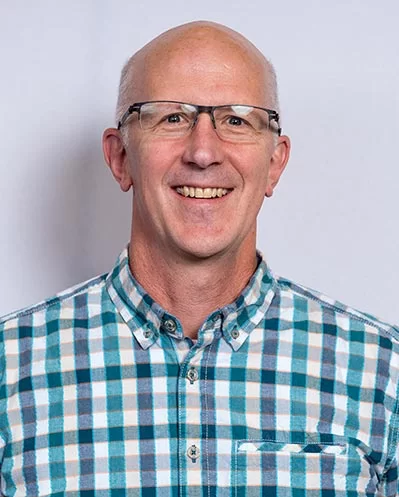

Sara Goetze (SG): And our bishop (Cedrick Bridgeforth) has been clear about that.
In our discussions, we have been working on talking the same language and trying to solve the same problems. This has also included shifts for each conference regarding platforms and procedures, with everyone contributing some discomfort to the cause. Other changes, like an adjustment to align the dates when local church statistics are due, were painless, with churches in OR-ID receiving a few additional weeks for reporting.
I imagine this continuity is helpful for staff and also less confusing for clergy serving in a cross-conference appointment.
SG: Correct.
Our conversations have continued over the past two years, moving beyond staff to engage other key stakeholders. Currently, an implementation team with representatives from the OR-ID and PNW Conferences is meeting regularly to discuss each conference’s needs, review potential positions, and ensure that the staff of any shared administrative office works with and is accountable to existing conference boards. We expect the full fruit of their work to come before members of each conference sometime over the next 12 months.
BH: So, it’s kind of a stay-tuned moment. For now, let me say that more collaboration would allow us to offer more specialization and resiliency, meaning local churches would have access to more expertise and better service without an increase in apportionments.
Still, even if we move toward a shared office or team offering administrative services, we will continue to operate out of the existing conference offices with staff in both locations. For this new position, we are open to them working out of the office in Portland or Des Moines.
Brant, earlier, you mentioned Dan Wilson-Fey, who retired in 2022. I know there have been several other retirements and transitions since 2018. How have these impacted your strategizing for more collaboration and planning for this new position?
BH: Any change in staffing can be an opportunity to adjust and consider what is different and how an organizational shift might be practical to meet the moment better.
Director of Benefits and Human Resources
The Greater Northwest Area (GNW) of The United Methodist Church is actively seeking a Director of Benefits and Human Resources to oversee all aspects of the GNW’s Benefits and Human Resources Department. This role is responsible for benefit administration and programming for GNW active and retired clergy, Conference and Board of Camp and Retreat Ministries staff; budget coordination; cash, investment, and trust management. The ideal candidate will also be responsible for administering the GNW human resource policies in collaboration with the Area Human Resources Personnel Committee.
The deadline for receiving applications is October 1, 2024. If you know of someone who might be interested, please have them: Click Here to Apply.
GNW is an Equal Opportunity Employer and actively seeks and encourages applications from minorities, women, and individuals with disabilities. All offers of employment are subject to the applicant successfully completing background, reference, and other applicable checks.
Dan’s retirement and other experienced and foreseeable transitions have been part of our conversations. Over the past few years, both the OR-ID and PNW Conferences have had several impactful staff transitions. It isn’t coincidental that I submitted the first formal proposal for a shared office in 2022, the same year Dan and PNW Assistant Treasurer Rik Jamieson retired.
As we have been having earnest conversations about shared services in finance, administration, and benefits, we have been trying to make space, including leaving some positions empty, for the possibility of shared services to become a reality.
Another big retirement looming for the Alaska and PNW Conference was announced at our (PNW) Annual Conference, long-serving PNW Benefits Officer Bruce Galvin. How does this relate to that?
BH: Bruce’s plan to retire in 2026 goes a long way toward explaining why we are hiring for this position now rather than waiting for the completion of other ongoing conversations. Both conferences have some existing needs that are already unfilled that this position will cover, but right now, we also have an opportunity for overlap. We aim to provide continuity and avoid any disruption that might impact services.
SG: In the OR-ID office, our need for a benefits officer is more pressing as benefits have gotten more complicated with the adoption of the Compass Retirement Plan by General Conference. There is a need for more direct communication with clergy about that plan and for managing the three legacy plans. Some of the human resourcing elements of the position are more pressing for the Alaska and PNW Conferences. Moving forward now is a win-win for the area.
How are you going about this hiring process, and when do you expect whoever is hired to come online?
SG: We are working with GCFA (the denomination’s General Council on Finance and Administration) for the hiring process. Our goal is to have someone in place by the end of October or early November. GCFA will help advertise the position inside and outside the connection and support the interview process.
It is valuable to us to hire someone who can speak United Methodist if possible. Working with GCFA will help, as recruiting in this area with the Church is really hard.
How is this position going to be financed?
BH: The Director of Benefits and Human Resources will be funded by existing resources under the care of conference pensions boards, with no new apportioned dollars required. This is a blessing from the excellent stewarding work of our shared resources in the past.
How do this hiring and the efforts toward shared services relate to Bishop Cedrick Bridgeforth’s conversations with each conference around setting ministry priorities?
BH: As we mentioned, these conversations around shared services have been ongoing for a long time. Of course, we will be respectful and responsive to what emerges from those conversations and are eager to see the results of those efforts.
That said, this new benefits/HR position will meet needs that exist today and will exist tomorrow, regardless of the ministry priorities each conference identifies.
Any last thoughts or hopes to share?
BH: We have learned that collaboration isn’t easy. Getting to this point has taken a lot of work, but we are starting to see the other side. While this work has asked a lot from us and a lot from those who have been having honest and direct conversations about our commonalities and differences, we know it will be a real benefit for those we are called to serve.
SG: Collaboration is the best path to sustainably resourcing our local churches and ministries and honoring our obligations. We see this position and the shared services office as an opportunity to provide more value while keeping costs neutral and saving money down the road.
In the short run, it would be easier to work in our silos. However, one of the strengths of United Methodism is our connectionalism. Why would we turn away from that?
Patrick Scriven serves as director of communications for the Pacific Northwest Conference of The United Methodist Church.
Bishop Bridgeforth previews next ‘Setting Ministry Priorities’ Conversation focused on exploring the purpose of our ministry
With General Conference over, our work begins now
With General Conference over, our work begins now
A pastoral message from Bishop Cedrick Bridgeforth
Bishop Cedrick D. Bridgeforth offers an informative and inspiring message for United Methodists in the Greater Northwest, highlighting several legislative accomplishments of a historic General Conference. His message connects the work of the delegates to the upcoming annual conference season, changes to the episcopacy in the jurisdiction, and our ongoing ministry in the Greater Northwest Area.
M.I.L.E. – 2023 Annual Conference Sermons
An Epiphany message from the WJ College of Bishops
Beyond Weapons of War

Beyond Weapons of War
Let all that you do be done in love.
1 Corinthians 16:14
November 22, 2022
Friends in Christ, Thanksgiving is Thursday and Advent starts next Sunday.
My heart is anguished after the murders at Club Q in Colorado Springs last weekend. In “barely a minute,” five people died, 17 others were shot, and two others were injured. The 22-year-old shooter, carrying an AR-15-style semi-automatic rifle, stalked his prey in a place people came for sanctuary from anti-LGBTQIA+ hatred. They were unarmed in an enclosed space, like sitting ducks or fish in a barrel.
No one has the right to hunt and kill innocent people. No civilian should have the right to carry an assault weapon designed for war.
If you are a person who identifies as LGBTQIA+, I see you, I love you, I need you to survive. You should not be targeted for ridicule, bullying, or bodily harm by people who don’t understand you or hate you. I believe that Jesus calls every Christian to be a trustworthy ally as you seek to live the fullness of life God sets before you, but many are slow to respond to this call.
If you are a person who hates or fears LGBTQIA+ people, I’m sorry for you; you don’t have to remain where you are today. Each of us is held to account for our fear, our hatred, and our inaction. In the gospels, we have a front-row seat as Jesus meets all kinds of misunderstood and marginalized people – leper, blind, possessed, lame, tax collectors, women caught in adultery or with a flow of blood, robbers. He seeks them out, speaks with them, and invites them into his circle of friends. He saved his disdain for high priests and pious people he thought should know better – like us.
If you follow Jesus, he will introduce you to LGBTQIA+ people, and you will be given the opportunity to grow in your knowledge and love of Jesus by seeing what Jesus sees in them. We must love our way out of hate, or we will find ourselves on the side of Herod, slaughtering innocents in the pursuit of his rival, Jesus, instead of on the side of humble shepherds, tending their flocks and welcoming his arrival.
Regardless of political party, it is time for Christian people, striving to walk in the way of Jesus, to join with others of generous spirit, to rise up to stop the sale of assault weapons. Courageous citizens have the power to protect innocent victims from people who lack the intellectual, moral, emotional, or spiritual ability to resist an impulse to wholesale slaughter. It is blasphemous to pray for God to do what we have the power but not yet the will to do. We are our brother’s/sister’s/sibling’s keeper. We can act, and so we must, to save countless lives.
This Thanksgiving, I hope you will enjoy good food in the company of people you love, whether family, friends, or strangers. I hope you will pray for those on both ends of gun violence. And as we prepare for the birth of Jesus, learn more and work to ban private ownership of weapons designed for war. I urge you to see how our General Board of Church and Society is helping us get involved in resisting gun violence. I hope you will also consider writing a letter to your elected representatives, as Olympia First UMC encouraged us at our annual conference session in June. We can make it safer for innocent, vulnerable people to gather without fear for work, a concert, a drag show, a movie, a nightclub, school, church, for love.
Love is born at Christmas!
![]()
Elaine JW Stanovsky
Bishop, Greater Northwest Episcopal Area
